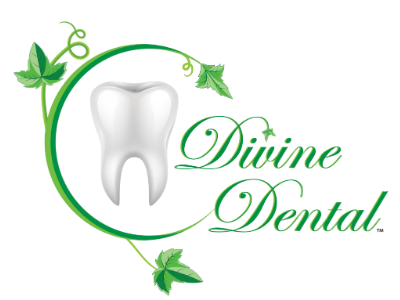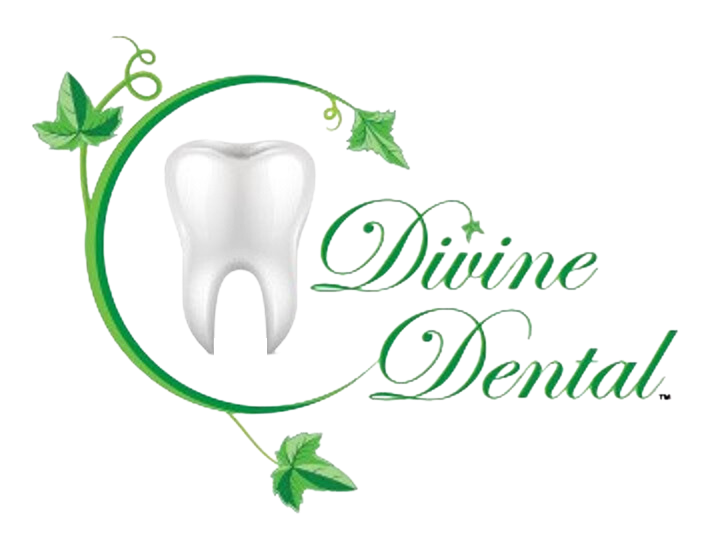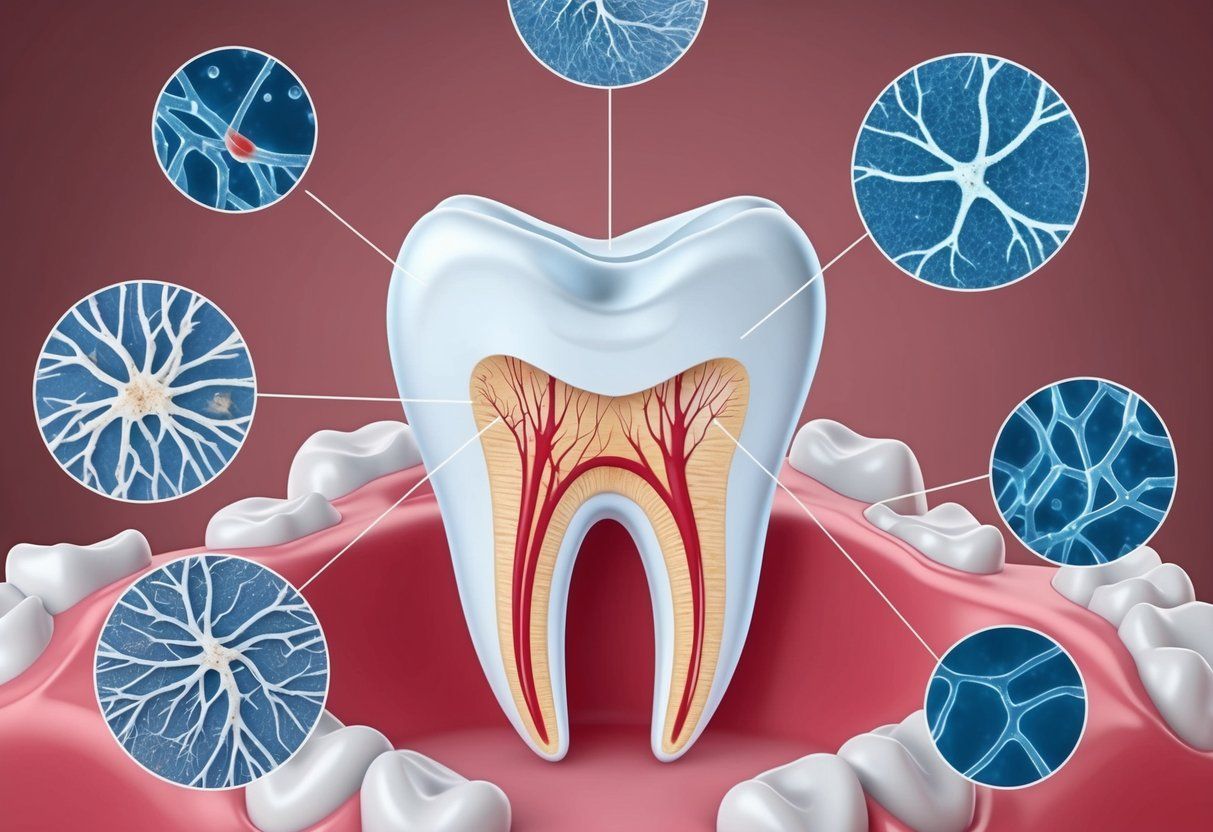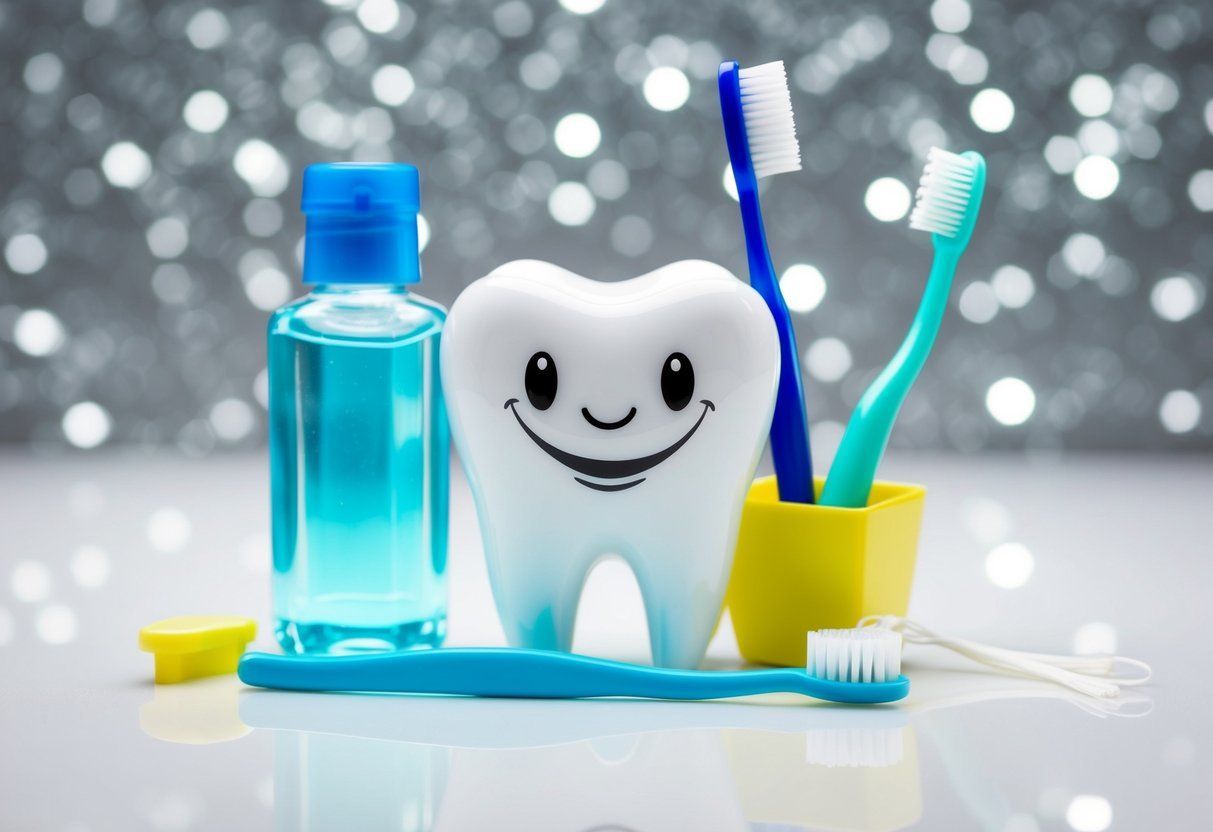When Should You Get Your Wisdom Teeth Removed?
Wisdom teeth, also known as third molars, are the last set of teeth to emerge in the late teens or early twenties. While some people have no issues with their wisdom teeth, others may experience a range of problems that can affect their oral health. As a result, wisdom teeth removal is a common dental procedure.
When it comes to the timing of wisdom teeth removal, it is often recommended to have them extracted during the late teenage years or early twenties. This is because younger individuals tend to heal faster and have a lower risk of complications compared to older adults. Additionally, the roots of wisdom teeth may not be fully formed at a younger age, making the extraction process easier.
Complications of wisdom teeth can include tooth decay, gum disease, severe pain, and bad breath. Additionally, impacted wisdom teeth (those that do not fully emerge) can cause issues with nearby teeth and jaw bones. If left untreated, these problems can lead to more serious oral health issues.

When to Consider a Wisdom Tooth Extraction
When it comes to the management of wisdom teeth, there are certain situations where a wisdom tooth extraction may be necessary. This dental procedure is commonly recommended when individuals experience complications with their wisdom teeth that can lead to more serious oral health issues if left untreated. Factors such as tooth decay, gum disease, severe pain, bad breath, and impacted wisdom teeth can all contribute to the need for wisdom tooth removal.
Consulting with an oral surgeon is crucial in determining the appropriateness and timing of this surgical procedure. With their expertise, they can evaluate an individual's oral health and make well-informed decisions to improve their overall oral well-being. Wisdom tooth extraction is often considered during the late teenage years or early twenties when individuals tend to heal faster and have a lower risk of complications. Through timely and necessary wisdom tooth removal, individuals can maintain healthy teeth and prevent potential complications associated with impacted or problematic wisdom teeth.
Hidden or Partially Erupted Tooth
A hidden or partially erupted wisdom tooth can cause discomfort and potential oral health issues if not addressed. A hidden tooth refers to one that hasn't fully emerged through the gum line, while a partially erupted tooth is one that has only partially broken through.
Identifying a hidden or partially erupted wisdom tooth can be challenging since they may not be immediately visible. However, there are symptoms that can indicate their presence. Swollen gums, tenderness, and pain around the back of the mouth can be common signs. Additionally, a persistent bad taste in the mouth can also indicate that there may be an issue with your wisdom teeth.
If you suspect you have a hidden or partially erupted tooth, it is important to see your dentist or oral surgeon for a proper evaluation. They can perform a thorough examination and take dental x-rays to determine the position and condition of your wisdom teeth.
Addressing a hidden or partially erupted wisdom tooth often requires removing the tooth. This dental procedure is typically performed by an oral surgeon. Wisdom tooth extraction is an outpatient surgical procedure that is commonly done under local anesthesia or sedation. It involves making an incision in the gum tissue, removing any bone that may be blocking access to the tooth, and then extracting the tooth.
Painful Jaw or Difficulty Opening the Mouth Fully
A painful jaw or difficulty opening the mouth fully can be strong indications that your wisdom teeth need to be removed. When these third molars grow in at an angle, they can put pressure on the surrounding jaw and nerves, causing discomfort and limited mobility.
One common sign of problematic wisdom teeth is jaw pain. This pain can range from a dull ache to sharp discomfort and may be accompanied by swelling around the affected area. Additionally, if you find it difficult to fully open your mouth or experience resistance when trying to do so, it could be a result of your impacted wisdom teeth.
These symptoms occur because the wisdom teeth are not properly aligned with the rest of your teeth, which can lead to overcrowding and misalignment. The pressure caused by the growth at an angle can result in pain and difficulty in jaw movement.
If you are experiencing a painful jaw or difficulty opening your mouth fully, it is essential to consult with an oral surgeon or dentist. They can assess your condition through a comprehensive examination and dental X-rays to determine if your wisdom teeth need to be removed.
Crowding/Impaction of Adjacent Tooth or Soft Tissue
When wisdom teeth begin to emerge, they can often cause crowding or impaction of adjacent teeth or soft tissue. This occurs when there is not enough space in the jaw for the wisdom teeth to properly grow in, leading to various issues.
One common problem is the crowding of nearby teeth. As the wisdom teeth push through the gum line, they can exert pressure on the adjacent teeth, causing them to shift or become misaligned. This can lead to discomfort, difficulty in maintaining oral hygiene, and even tooth decay or gum disease.
Impaction of soft tissue is another concern. When a wisdom tooth is impacted, it means that it does not fully erupt and remains trapped beneath the gum line. This can result in pain, swelling, and an increased risk of oral infections. It can also create a pocket of space between the gum and the tooth, which can trap food particles and bacteria, leading to bad breath and other oral health issues.
If left unaddressed, crowding or impaction of adjacent teeth or soft tissue can lead to severe complications. The increased pressure and shifting of teeth can cause permanent damage to nearby teeth, roots, and even the jawbone. It can also lead to the development of cysts or tumors in the affected area.
To prevent these complications, it is crucial to consult with an oral surgeon or dentist if you experience crowding or impaction due to wisdom teeth. They can evaluate your condition and determine the best solution, which may involve the extraction of the impacted or overcrowded wisdom teeth.
Tooth Decay That's Unresponsive to Cleanings or Fillings
Tooth decay is a common dental issue that occurs when bacteria in the mouth produce acids that erode the tooth enamel. In most cases, regular teeth cleaning and fillings can effectively address tooth decay. However, there are instances when tooth decay becomes unresponsive to these treatments, requiring additional measures to prevent further complications.
When tooth decay is unresponsive to cleanings or fillings, it indicates that the decay has progressed to a more severe stage. In such cases, a common course of action is to undergo a root canal treatment. This involves removing the infected pulp from the tooth and sealing it to prevent further decay.
If the tooth decay is too extensive or if the tooth is structurally compromised, extraction may be necessary. Following extraction, options such as dental implants or bridges can be considered to restore functionality and aesthetics.
It is essential to address tooth decay that is unresponsive to cleanings or fillings in a timely manner. Neglecting treatment can lead to various complications, including the spread of infection to nearby teeth or even the bone, abscess formation, or tooth loss. Early intervention not only saves the affected tooth but also prevents the need for more invasive and costly procedures in the future.

Conclusion
In conclusion, there are several factors to consider when deciding whether or not to get your wisdom teeth removed. If you are experiencing symptoms such as tooth decay, gum disease, severe pain, or bad breath, it may indicate the need for wisdom tooth extractions. Additionally, if your wisdom teeth are hidden or partially erupted, causing painful jaw or crowding/impaction of adjacent teeth, removal may be necessary. It is important to address these issues in a timely manner to prevent further complications such as oral infections, bone loss, or damage to nearby teeth. By opting for wisdom teeth removal, you can maintain your oral health and prevent potential complications in the future. Consult with an oral surgeon to assess your specific situation and determine the best course of action.




